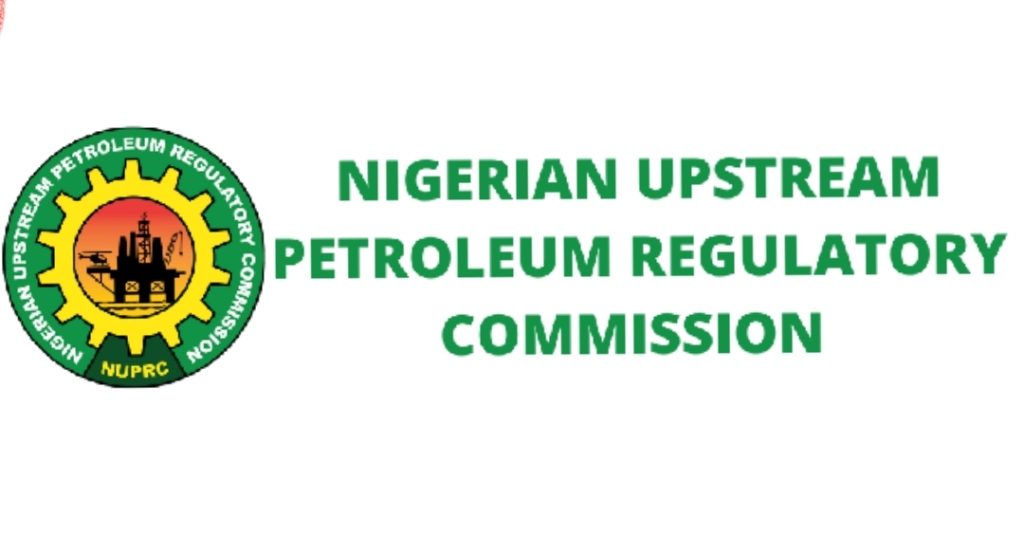Paragraph 1: Impending Expiration of Nigerian Petroleum Prospecting Licenses and Extension Requirements
The Nigerian Upstream Petroleum Regulatory Commission (NUPRC) has notified over 40 Petroleum Prospecting License (PPL) holders about the imminent expiration of their licenses on June 27, 2025. These licenses, awarded in 2022 following the 2020 Marginal Field Bid Round, grant companies the right to explore for oil and gas within designated areas. The NUPRC’s communication outlines the conditions for license extension, emphasizing the importance of adhering to the provisions of the Petroleum Industry Act 2021 and the 2022 Regulation on Extension of Licence. Holders seeking an extension must submit a formal application accompanied by a $5,000 application fee, fulfilling specific requirements related to work programs, financial commitments, and regulatory compliance.
Paragraph 2: Key Requirements for License Extension
The NUPRC has stipulated several conditions for PPL holders seeking a three-year extension. These include demonstrating the fulfillment of the Minimum Work Programme (MWP) and Minimum Financial Commitment (MFC) associated with the license, providing evidence of completed exploratory and geological work, and submitting a detailed justification for the extension request. The justification should encompass proposed work programs, timelines, and a revised financial commitment, along with a performance security guarantee. Furthermore, licensees must demonstrate compliance with regulatory obligations, such as the establishment of host community development trust funds, environmental remediation funds, and decommissioning and abandonment funds.
Paragraph 3: Documentation and Evidence Required for Extension Application
To support their extension applications, PPL holders are required to submit a comprehensive suite of documents. This includes evidence of all activities carried out since the license award, along with future plans for the asset. Proof of incurring the MFC is crucial, as is evidence of a work performance guarantee issued by a reputable commercial bank. The guarantee must be backed by a minimum credit rating of ‘BBB’ from at least two rating agencies, one of which must be incorporated in Nigeria and registered with the Securities and Exchange Commission. Furthermore, licensees must provide evidence of paying concession rentals for the initial three-year exploration period and submit a summary report of all exploratory and geological work undertaken within the licensed area.
Paragraph 4: Financial Commitments and Performance Security for Extended Exploration Period
A key aspect of the extension application is the proposed financial commitment for the additional exploration period. Licensees must outline the amount of financial resources they intend to allocate to the new work program and demonstrate the sufficiency of these funds. Furthermore, they are required to provide a performance security to guarantee the financial commitment during the extended period. This security serves as a safeguard against non-performance and ensures that the licensee has the financial capacity to fulfill the proposed work program obligations.
Paragraph 5: Ongoing Engagement with Licensees and Conversion to Petroleum Mining Leases
The NUPRC is actively engaging with the affected licensees regarding the renewal process, recognizing that some have already applied for the conversion of their PPLs to Petroleum Mining Leases (PMLs). This conversion represents a significant step towards commercial production, allowing companies to extract and sell oil and gas discovered within their licensed areas. The NUPRC clarifies that the decision to renew or convert a license is contingent upon the outcome of the ongoing assessment of each company’s performance and compliance with the stipulated requirements.
Paragraph 6: Specific Examples of Licenses Nearing Expiration
The NUPRC’s Upstream Concession Situation Report highlights several specific licenses set to expire on June 27, 2025. These include licenses held by various companies operating different oil fields across Nigeria. The report underscores the urgency for these companies to complete the necessary procedures to secure license renewals or conversions, emphasizing that the ultimate decision rests on their compliance with the Petroleum Industry Act and the associated regulations. The list of affected licenses spans a range of operators and field locations, illustrating the broad scope of the impending expiration deadline and the importance of adherence to the NUPRC’s guidelines.


